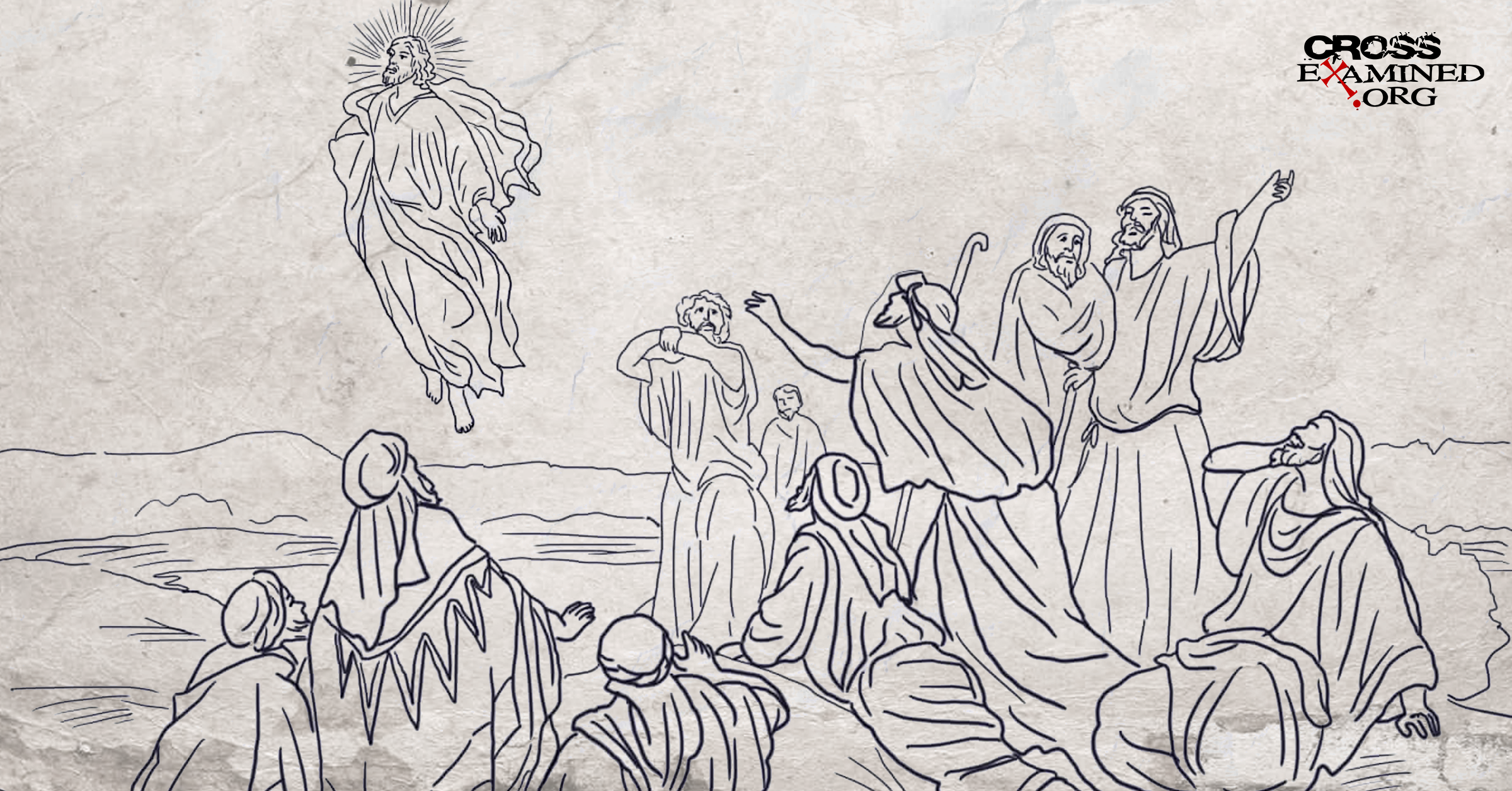Handling Bible Questions You Can’t Answer
During my Bible time with the kids, we turned to a story they hadn’t heard before – the passage from John 9 of Jesus healing the man born blind.
“…and then Jesus put mud on the man’s eyes and he was no longer blind! Jesus had made the man well.”
My 3-year-old twins, Kenna and Nathan, started laughing hysterically. “He didn’t put mud on his eyes!” They started running around the room, cracking up at what they thought was mommy’s joke.
At first, I thought they were just being silly, but then I realized that putting mud on someone’s eyes isn’t something you would expect, having never heard the story before! Still, I tried to preserve the point at hand.
“That does sound funny, doesn’t it? But can you imagine if you couldn’t see? Can you imagine how excited the man must have been to finally see after he met Jesus?”
They looked at me blankly.
Kenna: “Mommy, WHY did he put mud on his eyes?”
Sigh… Back to the mud! Hmmm. Why DID Jesus use mud? He certainly didn’t need to.
“Jesus could heal people any way he wanted. He could have used mud or water or nothing at all. What’s exciting about this story is not the mud, but the fact that Jesus made the man see!”
I missed a great teachable moment by brushing off their question. It’s a fantastic opportunity when our kids ask a WHY question about the Bible… especially one we don’t know the answer to! There are (at least) two major things they can learn from us at those times.
1. It’s important to continually grow in our knowledge of the Bible.
When the answer to a question is not obvious, it’s tempting to brush it off as a simple fact of what happened. But we are to be spiritual warriors, ever-growing “in the grace and knowledge of our Lord and Savior Jesus Christ” (2 Peter 3:18). We need to look for answers we don’t know (use a Study Bible or go online!). How wonderful that, as parents, we have the opportunity to consider questions from our kids that make us look at passages with fresh eyes. When we look deeper into a passage with and for our kids, we are teaching them that we can ALWAYS learn something new about God’s Word.
2. We can’t always know answers for certain.
There are many things in the Bible that have multiple or uncertain interpretations. That doesn’t mean we should give up on seeking a deeper understanding of what those possible meanings are. In fact, we do a disservice to our children if we raise them to believe that there are always black and white answers. They will be better equipped to navigate faith questions when they grow older if they understand that some things will never be known for sure… And that this fact does not negate the truth of God’s Word.
Today’s Thought:
What is a Bible question you’ve always had but had never taken the time to find answers to? If you’re like me, there are many!
Today’s Action:
Find the answers to your question! Use a Study Bible, go online, or buy a book (if it’s a topic that requires a lot of thought!). The more we seek answers for our own spiritual development, the more we’ll be prepared to seek answers with and for our kids.
If you want to know the interpretations of Jesus’ use of mud, you can read several commentaries here (scroll to the bottom of page): http://bible.cc/john/9-6.htm
Natasha Crain is a blogger, author, and national speaker who is passionate about equipping Christian parents to raise their kids with an understanding of how to make a case for and defend their faith in an increasingly secular world. She is the author of two apologetics books for parents: Talking with Your Kids about God (2017) and Keeping Your Kids on God’s Side (2016). Natasha has an MBA in marketing and statistics from UCLA and a certificate in Christian apologetics from Biola University. A former marketing executive and adjunct professor, she lives in Southern California with her husband and three children.
Original Blog Source: http://bit.ly/2Lno6VB












Leave a Reply
Want to join the discussion?Feel free to contribute!